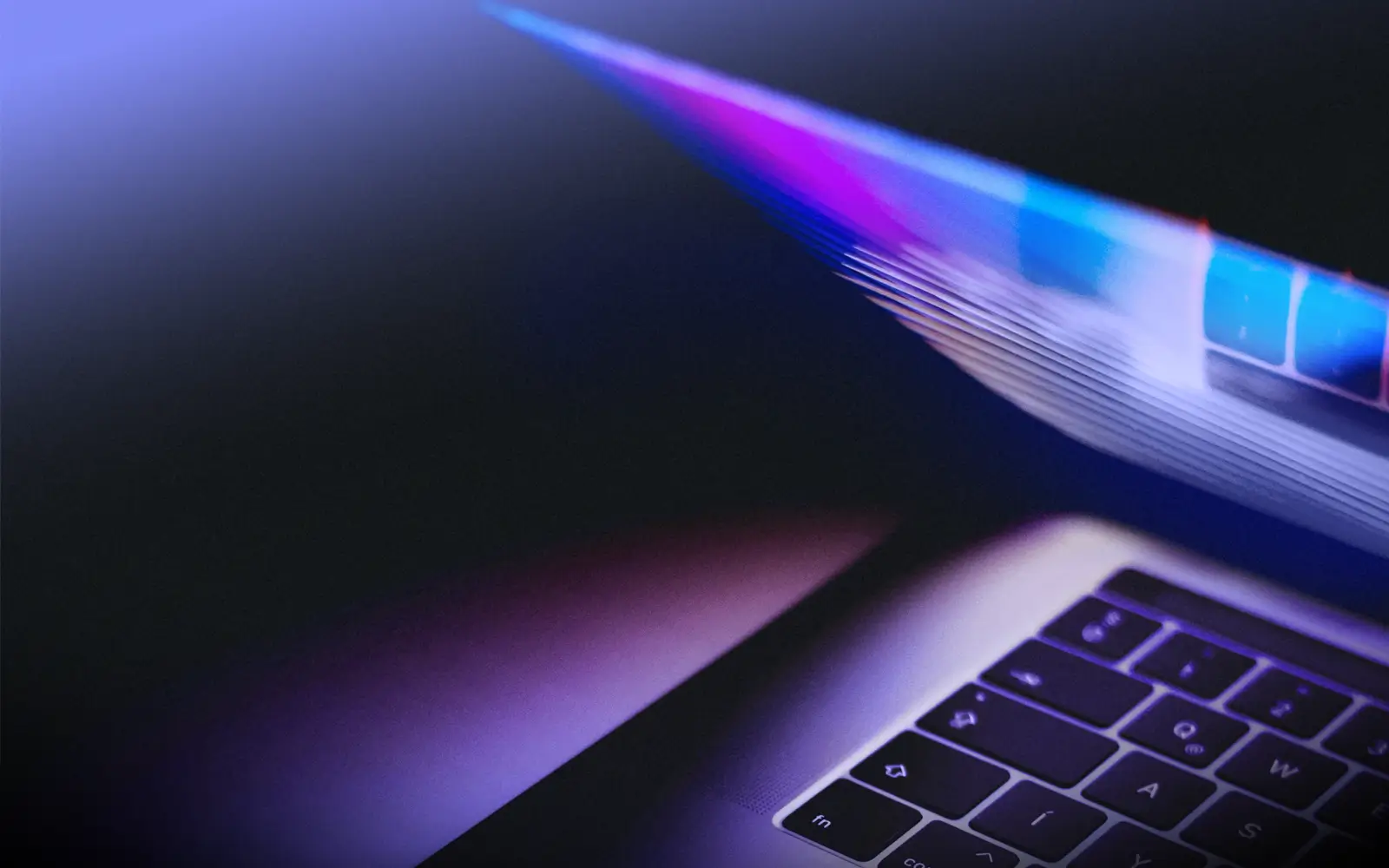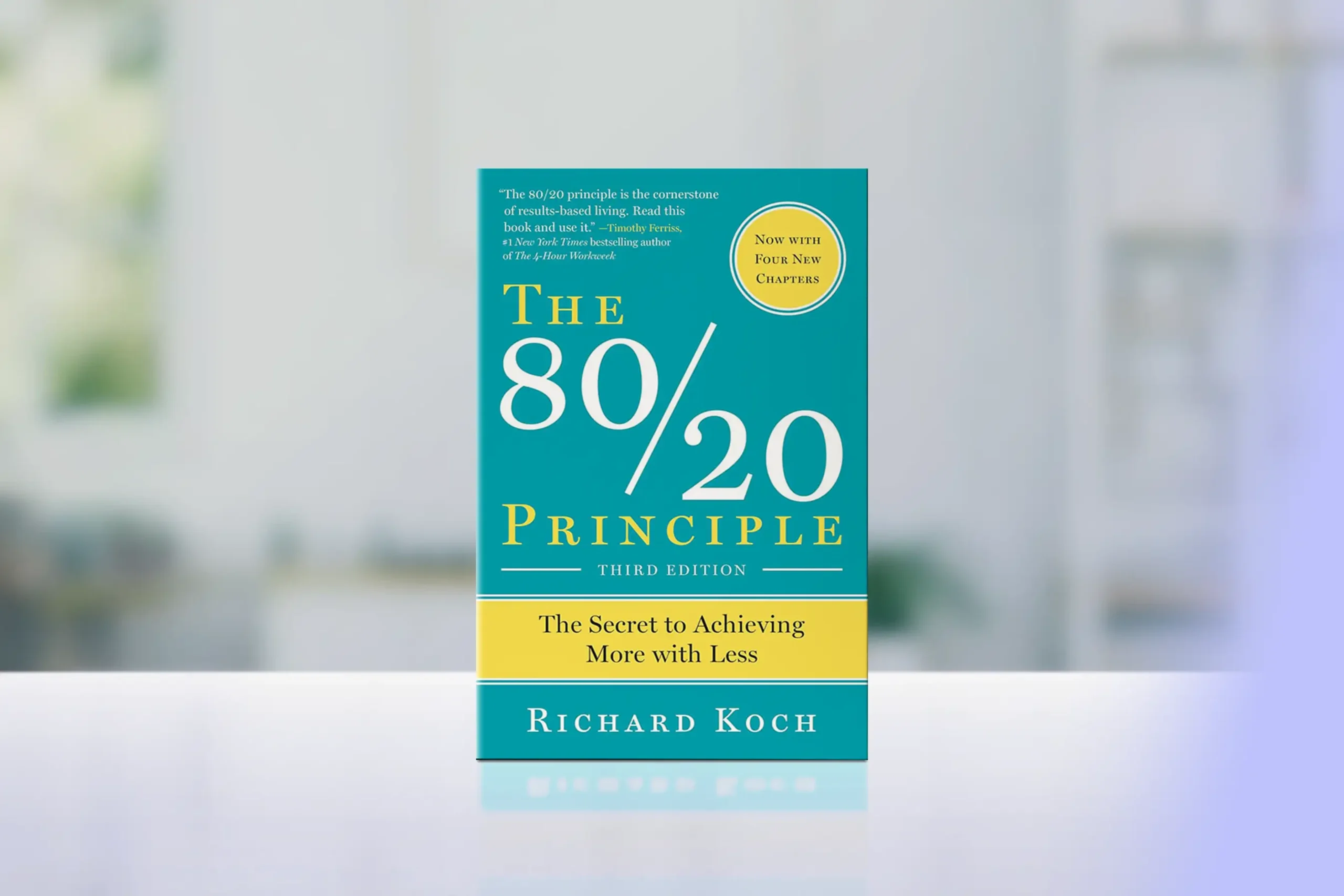In today’s fast-paced work environment, productivity is more than just a buzzword—it’s a necessity. Busy professionals often find themselves juggling multiple responsibilities, deadlines, and projects, making effective time management crucial. This guide explores practical productivity hacks that can help you streamline your work, reduce stress, and achieve more in less time.
Understanding Productivity
Before diving into specific hacks, it’s important to understand what true productivity means:
- It’s not about being busy, but about being effective
- Quality of work often matters more than quantity
- Sustainable productivity requires balance to avoid burnout
Key Productivity Hacks
1. Implement a Trusted System
Having a reliable system to capture and organize tasks is crucial:
- Use a digital tool or physical notebook to capture all tasks and ideas
- Regularly review and organize your task list
- Categorize tasks by project, context, or priority
2. Practice the Two-Minute Rule
For small tasks, follow David Allen’s Two-Minute Rule:
- If a task takes less than two minutes, do it immediately
- This prevents small tasks from piling up and becoming overwhelming
3. Time Blocking
Allocate specific time blocks for different types of work:
- Schedule focused work sessions for important tasks
- Set aside time for emails and communication
- Include breaks to maintain energy and focus
4. Use the Eisenhower Matrix
Prioritize tasks using this decision-making framework:
- Urgent and Important: Do immediately
- Important but Not Urgent: Schedule for later
- Urgent but Not Important: Delegate if possible
- Neither Urgent nor Important: Eliminate
5. Leverage Technology
Use productivity apps and tools to your advantage:
- Task management apps (e.g., Todoist, Trello)
- Time-tracking tools (e.g., RescueTime, Toggl)
- Focus apps to block distractions (e.g., Freedom, Forest)
6. Master Your Email
Don’t let email control your day:
- Set specific times for checking and responding to emails
- Use filters and folders to organize incoming messages
- Unsubscribe from unnecessary newsletters
7. Embrace the Power of “No”
Protect your time and energy:
- Politely decline requests that don’t align with your priorities
- Learn to delegate tasks when appropriate
- Don’t overcommit yourself
Creating a Productive Environment
Optimize Your Workspace
- Keep your desk organized and clutter-free
- Ensure good lighting and ergonomic seating
- Use noise-cancelling headphones if needed
Minimize Distractions
- Turn off non-essential notifications
- Create a dedicated workspace if working from home
- Communicate boundaries with colleagues or family members
The Importance of Self-Care
Sustainable productivity requires taking care of yourself:
Prioritize Sleep
- Aim for 7-9 hours of quality sleep each night
- Establish a consistent sleep schedule
Regular Exercise
- Incorporate physical activity into your routine
- Even short walks can boost energy and focus
Mindfulness and Stress Management
- Practice meditation or deep breathing exercises
- Take regular breaks to prevent burnout
Overcoming Common Productivity Challenges
Procrastination
- Break large tasks into smaller, manageable steps
- Use the “5-minute rule” to get started on daunting tasks
Perfectionism
- Set realistic standards for your work
- Remember that done is often better than perfect
Multitasking
- Focus on one task at a time for better efficiency
- Use the Pomodoro Technique for focused work sessions
Measuring and Improving Productivity
Regularly assess your productivity to identify areas for improvement:
- Track your time and tasks to understand where your energy goes
- Set clear, measurable goals and review progress regularly
- Experiment with different techniques and find what works best for you
The Role of Collaboration
Effective collaboration can significantly boost productivity:
- Use project management tools for team tasks
- Establish clear communication channels and protocols
- Regularly sync with team members to align priorities
Final Words
Boosting productivity is an ongoing process of self-discovery and optimization. By implementing these hacks and continuously refining your approach, you can achieve more, reduce stress, and find greater satisfaction in your professional life. Remember, the goal isn’t just to do more—it’s to do what matters most efficiently and effectively.
For a comprehensive system to enhance your productivity and organization, dive into “Getting Things Done“ by David Allen. This seminal work offers a complete methodology for managing your professional and personal tasks with less stress and more accomplishment.
What productivity hacks have you found most effective in your professional life? Share your experiences or questions in the comments below!





